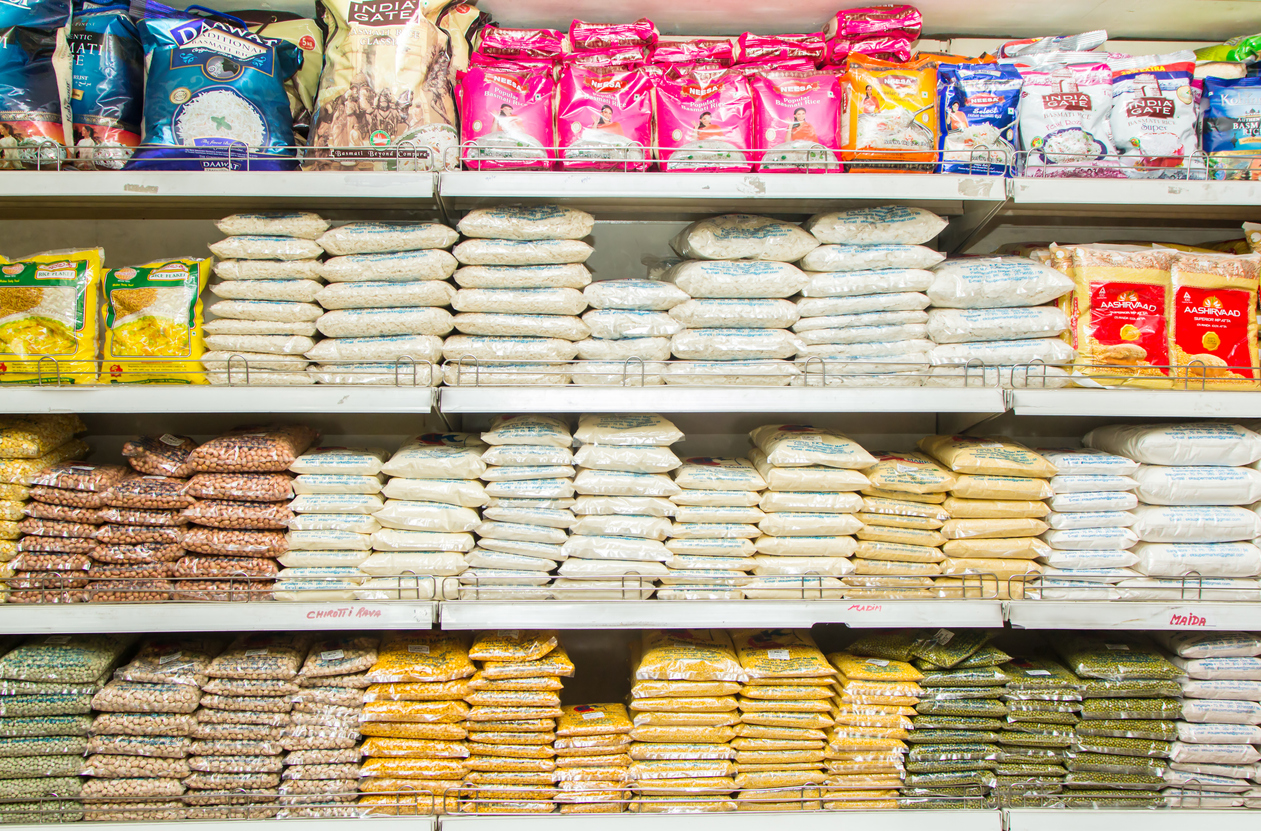
GST rates revised: Know every day items that will cost more

The Goods and Services Tax (GST) Council on Tuesday (June 28) approved changes in the tax rates on some goods and services with a view to rationalising the levy. At the same time, non-BJP ruled states have set the stage for a possible confrontation with the Centre over the issue of a larger share in tax revenues.
On Day 1 of the two-day meeting of the panel headed by Union Finance Minister Nirmala Sitharman and comprising of representatives of all states and UTs, a host of procedural compliance-related issues for GST-registered businesses was discussed, officials said.
The Council in its Tuesday meeting recommended correction in inverted duty structure for a host of items, including edible oil, coal, LED lamps, printing/drawing ink, finished leather and solar water heater.
The Council cleared a report of the group of state finance ministers which suggested a 5 per cent GST on ‘pre-packaged and labelled’ curd, lassi, puffed rice and wheat flour, which are usually produced by large manufacturers. Dried leguminous vegetables, dried makhana, wheat and other cereals, flours, jaggery, puffed rice (muri), organic manure and coir pith compost will now attract a 5 per cent GST.
Currently, a 5 per cent GST is levied on branded and packaged food items, while unpacked and unlabelled are tax exempt. Goods that are unpacked, unlabelled and unbranded will continue to remain exempt from GST.
Also read: GST Council clears proposal to remove tax exemptions on select goods
Cheques issued by banks will also invite GST.
The report of the state finance ministers on GST systems reforms, which recommended biometric authentication of high-risk taxpayers and real-time validation of bank accounts too was cleared by the Council. Besides, a 12 per cent tax on hotel rooms below Rs 1,000/day will be levied, as against tax-exempt currently.
With regard to e-way bill on intra-state movement of gold, gold jewellery and precious stones to check evasion, the Council recommended that states can decide on the threshold above which the electronic bill is to be made mandatory. A panel of state ministers had recommended the threshold to be Rs 2 lakh and above.
Inks of different types, cutlery items like spoons, knives and tableware, dairy machinery, LED lamps and drawing instruments will invite GST between 12% and 18%.
Solar water heaters and finished leather will come with an increased GST of 5% to 12%.
On Wednesday, the Council is likely to discuss the demand for an extension to the compensation paid to states for revenue loss from their taxes such as sales tax (VAT) being subsumed into a national GST besides a 28 per cent tax on casinos, online gaming and horse racing.
Non-BJP ruled states such as Chhattisgarh want the compensation regime to be extended or the share of states in the GST revenues be increased to 70-80 per cent from the current 50 per cent.
Also read: India has world’s third-largest pool of AI talent: Bain-Microsoft report
The Goods and Services Tax (GST) was introduced on July 1, 2017, and states were assured of compensation for the revenue loss till June 2022, arising on account of the GST rollout.
To drive their point, the states cited a recent Supreme Court ruling that decisions made by the Council are not binding on states and any decision not taken unanimously could potentially lead to unraveling of the landmark economic reform.
(With inputs from agencies)


